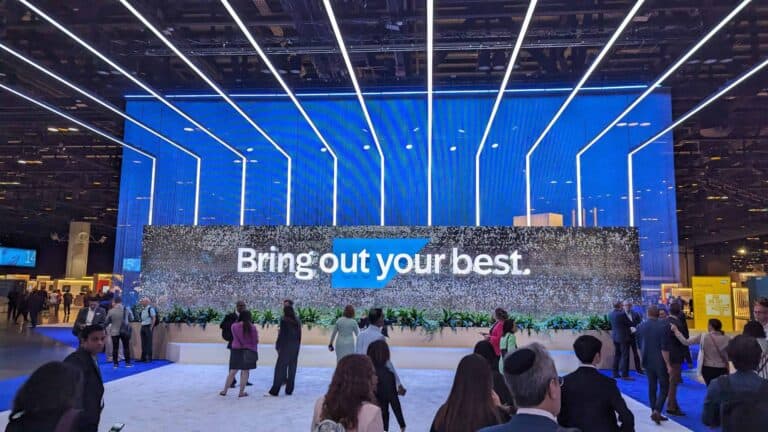SAP claims the title of Europe’s most valuable listed company, taking over from Danish producer of weight-loss drugs Novo Nordisk.
SAP shares rose 1.6% on Monday, driven by growing investor optimism about the company’s cloud-based software. This brought the German company’s valuation to approximately €314 billion ($340 billion). This caused SAP to overtake Novo Nordisk, whose shares fell by 16% this year. According to Bloomberg, this decline is partly due to disappointing test results for the new weight loss drug CagriSema.
Switching to the cloud helps SAP
SAP shares rose 42% last year. This is partly thanks to the accelerated shift of customers from traditional on-site servers to cloud infrastructure. This shift enables the company to offer more profitable products, often bundled with artificial intelligence. According to the manufacturer, this combination has given a significant boost to sales growth.
Probably the highest growth percentage in a decade
Analysts estimate that SAP’s sales will increase by an average of 12% this year. If they are successful, this would be the highest annual growth rate in ten years. Operating profit is expected to increase even more, thanks in part to a restructuring program announced in January 2024.
SAP’s steady rise stands in contrast to other European blue-chip companies that are facing major challenges. ASML, for example, is dealing with weak orders from several major customers. This is accompanied by much stricter export restrictions on chip equipment to China, mainly at the initiative of the US.
ASML also sees bright spots
Incidentally, according to the Dutch company itself, ASML’s expectations do not seem to be that negative at all. Like other players in the chip industry, ASML is admittedly cautious about the short-term future. Trade restrictions with China are indeed a dark cloud over the ASML order book, while Intel’s uncertain nature can also lead to less demand for chip machines. Chinese customers accounted for almost half of all orders in Q2, for example, but this share will fall due to trade restrictions. Nevertheless, the longer term is said to be unabatedly positive for the Dutch company.
The company therefore stands by its prediction that it will bring in between 44 and 60 billion euros in orders by 2030. Given that current sales figures based on the last quarter amount to around 30 billion euros per year, this would represent a significant increase in six years’ time.
